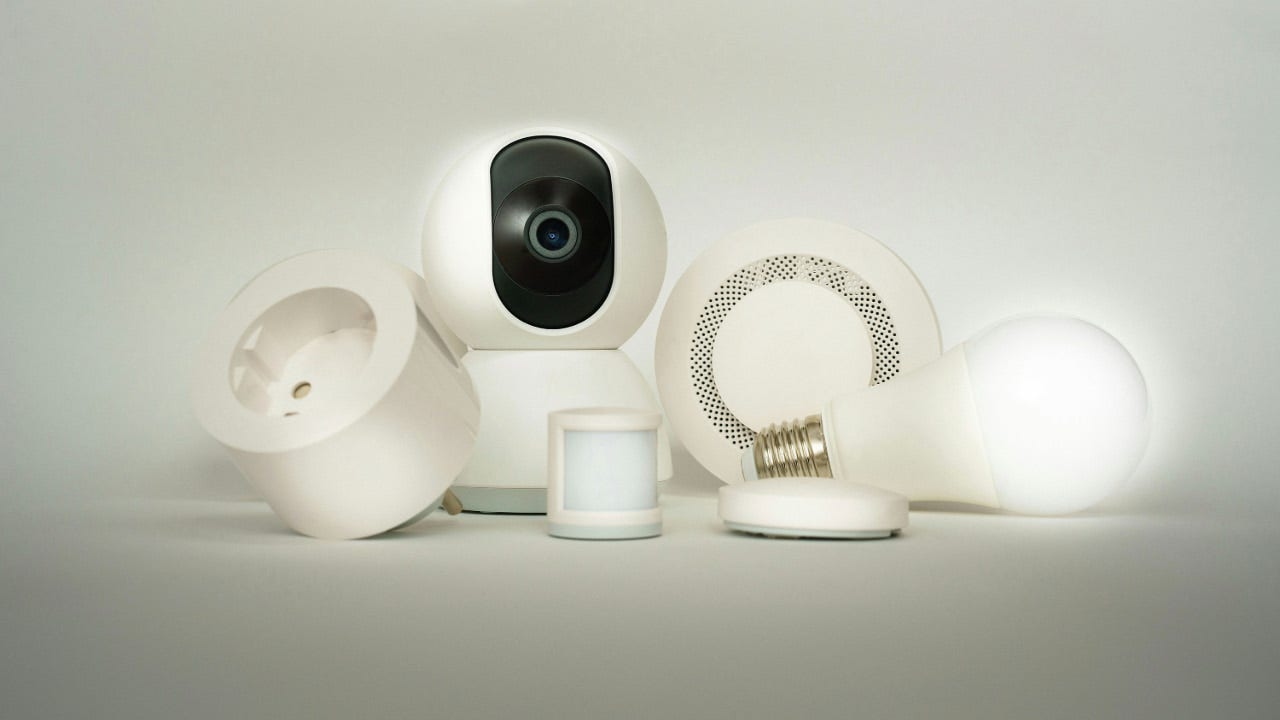Are your smart home cameras spying on you? Study reveals shocking data grabs

In the age of smart home technology, security cameras have become a necessity for many homeowners. These cameras provide peace of mind by allowing you to monitor your home, both indoors and outdoors, even when you’re not there. However, a recent study has shed light on the privacy risks associated with these devices, particularly outdoor security camera apps.
According to a study conducted by Surfshark, outdoor security camera apps are among the top offenders when it comes to collecting user data. On average, these apps gather 12 data points, including sensitive information such as email addresses, phone numbers, payment details, and precise location. This is 50% more data than what other smart home devices typically collect. What’s even more concerning is that these apps often connect up to seven of these data points directly to your identity.
Indoor security camera apps are also guilty of collecting a significant amount of data, averaging nine data points per user. This includes personal information like email addresses, phone numbers, user IDs, device IDs, purchase histories, and even audio data. While this data can be used to enhance the user experience, it also increases the risk of privacy violations.
Among the apps that collect the most data, Deep Sentinel and Lorex stand out for outdoor security cameras, each collecting 18 out of a possible 32 data points. For indoor cameras, Nest Labs leads the pack, collecting 17 data points, with Ring and Arlo close behind at 15 data points each.
The lack of regulations and standards for smart home devices creates significant privacy risks for users. Without clear guidelines, users are vulnerable to data breaches, cyberattacks, and even physical harm. Some apps track users for targeted ads or share data with third parties and data brokers, further complicating privacy concerns.
To mitigate the risks associated with smart home cameras, there are several steps you can take. Limit data sharing by customizing privacy settings, regularly review and update these settings, use strong passwords and enable two-factor authentication, be mindful of camera placement, consider using local storage instead of cloud services, use a VPN to encrypt your internet connection, and regularly review privacy policies.
By actively managing these settings and taking precautions, you can significantly reduce your exposure to potential privacy risks associated with smart home cameras. It’s important to stay informed and be proactive in protecting your personal information in the age of IoT technology.




